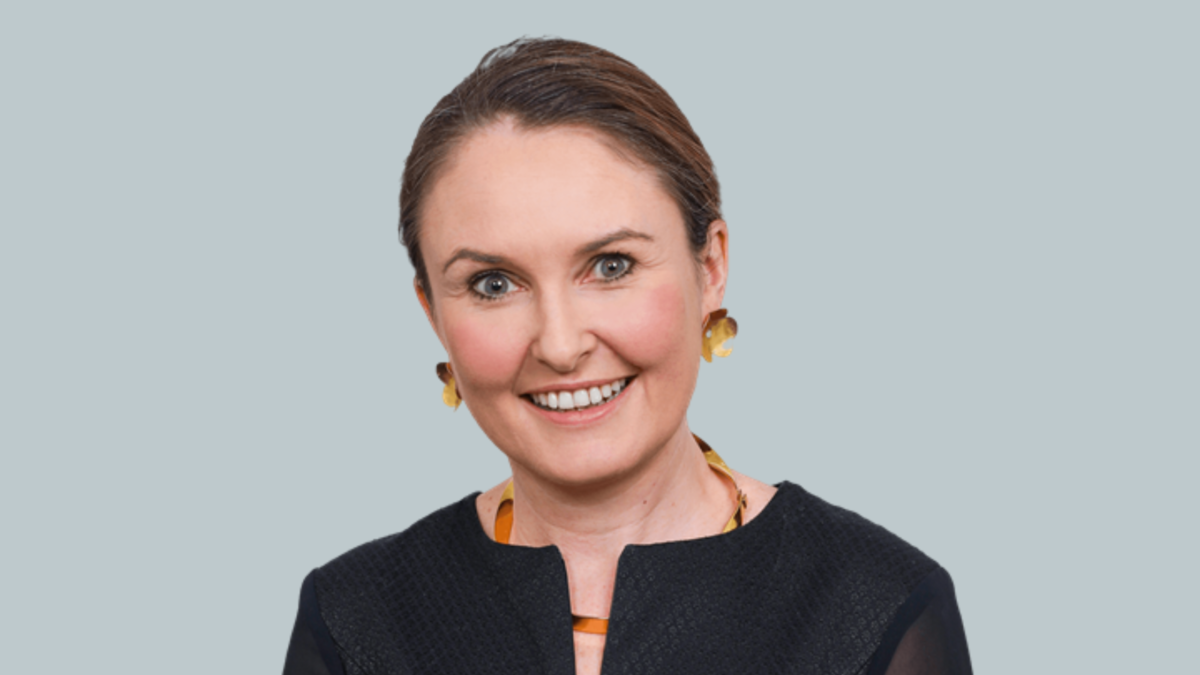2010s ‘a lost opportunity’ for renewables, but a new era looms
In 2019, Deirdre Cooper, head of sustainable equities at Ninety One, penned an op-ed for the Financial Times that stated what should have been obvious to anybody enjoying historically low interest rates at the time: it was the perfect opportunity to invest in the transition to renewables, when the cost of debt was low. But one crisis was subsumed by another – the Covid pandemic took the heat out of the climate debate (literally – nobody was driving) and it’s taken the first land war in Europe in nearly a century to spur governments into action.
“It is disappointing… we had an incredibly attractive environment to invest in the climate for future generations because the money was free,” Cooper told ISN. “And sadly governments didn’t; they needed higher energy prices to force that, or perhaps they needed a few more years of extreme weather events of the type in Sydney or London or wildfires in California. We’ll look back on those years as a lost opportunity.”
Europe is now struggling with two things: planning and populism. It’s a crowded geography, making it harder to get new renewable energy projects, and energy policies aimed at clawing back higher power prices from wind energy projects don’t incentivise investment. And there’s been plenty of grumbling about prioritizing renewable energy when the price of traditional fossil fuels is soaring.
“As we look forward over the long-term, higher energy prices are exactly what the transition wants,” Cooper says. “You’ve seen different reactions in different parts of the world; in Europe we have REPowerEU (the plan to make Europe independent from Russian fossil fuels) and Fit for 55 (the EU’s green transition plan) which are two responses.”
“There’s absolutely nothing like really high prices to go and address that low hanging fruit, and there always has been low hanging fruit on the energy efficiency side… when corporates start to look at their gas consumption there’s a lot they can do to address it. German corporates tell us they can reduce gas consumption by more than 50 per cent. And some of that is moving to oil, which is not long-term sustainable, but quite a lot of it is energy efficiency measures they never bothered to implement.”
A very significant piece of legislation that is “partly a response” is the Inflation Reduction Act (IRA), which started life as the Build Back Better Bill. Its system of tax credits “potentially sets the US up as the manufacturing destination of choice” and make renewable energy extremely cheap; there are now parts of the US where you can “probably build solar and give the electricity away for free” because you make your return on the credits. Europe and Canada are likely to follow with similar legislation to remain competitive, while China will be thinking about maintaining its position as the equipment supplier to the transition.
But while soaring inflation has spurred governments into action, it’s also the biggest risk to the transition to renewable energy.
“While all of these incentives make investment more attractive, arguably the most important driver of the attractiveness of that investment is the cost of capital,” Cooper says. “If we don’t start to see the beginning of the end – we don’t need to go back to negative real rates but we certainly can’t get into a sort of 1970s type environment. That would be a huge headwind to the pace of decarbonisation.”











